The Doctrine of Election
| Weight | .9 lbs |
|---|---|
| Dimensions | 8.75 × 5.6 × .8 in |
| ISBN | 9781800402652 |
| Binding | Cloth-bound, eBook (ePub & Mobi), Cloth-bound & eBook (ePub & Mobi) |
| Topic | Doctrines of Grace, Theology |
| Banner Pub Date | Nov 16, 2022 |
| Page Count | 264 |
| Format | Book |
Book Description
Translated from the French by Robert White
When Calvin says he would not have spoken of election had Scripture not led the way, we need not doubt his word. He defends the doctrine with vigour because it runs as an unbroken thread through both Old and New Testaments. Like the doctrines of providence, atonement, and the new birth, it is a doctrine of sovereign grace.
Calvin did not invent election: it is a doctrine which belongs to the universal church. Its importance for him lies in the fact that it anchors the work of redemption, not in our feeble powers of will, but in God’s inexplicable love for sinners, and it traces that work to a determination freely made in heaven before the world began.
The present volume offers a variety of sources, newly translated from the French, which throw fresh light on Calvin’s doctrine of election. In place of his more formal works such as the Institutes from which the doctrine is usually derived, texts have been selected which were intended for oral delivery to a largely non-specialist audience. The tensions inherent in the doctrine, such as God’s mercy versus his justice, are honestly acknowledged and answered. Throughout, appeal is made not to philosophical speculation but to God’s revealed word. To depart from Scripture, the Reformer holds, is to enter a labyrinth from which there is no way out.
There is no hint of bookishness in the texts presented here. This is theology for every man – clear, comprehensive and rich in practical application. And it leads, as all good theology should, to the praise of God’s glory.
You may also like…
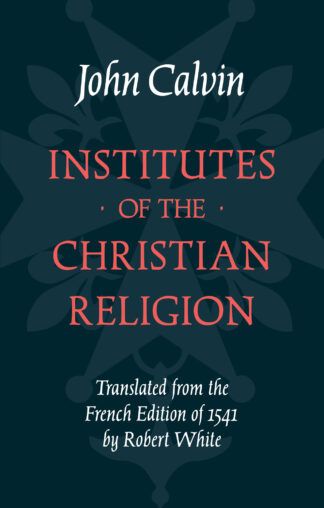
Institutes of the Christian Religion
1541 Edition
Description
Book Description Translated from the French by Robert White When Calvin says he would not have spoken of election had Scripture not led the way, we need not doubt his word. He defends the doctrine with vigour because it runs as an unbroken thread through both Old and New Testaments. Like the doctrines of providence, […]
Related products
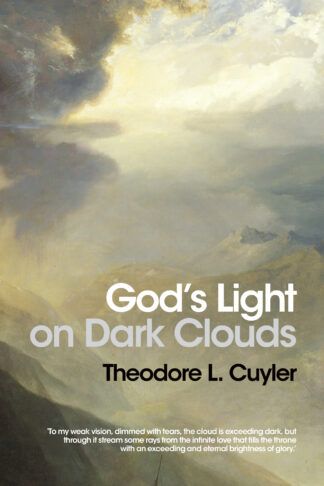
Description
Book Description Translated from the French by Robert White When Calvin says he would not have spoken of election had Scripture not led the way, we need not doubt his word. He defends the doctrine with vigour because it runs as an unbroken thread through both Old and New Testaments. Like the doctrines of providence, […]
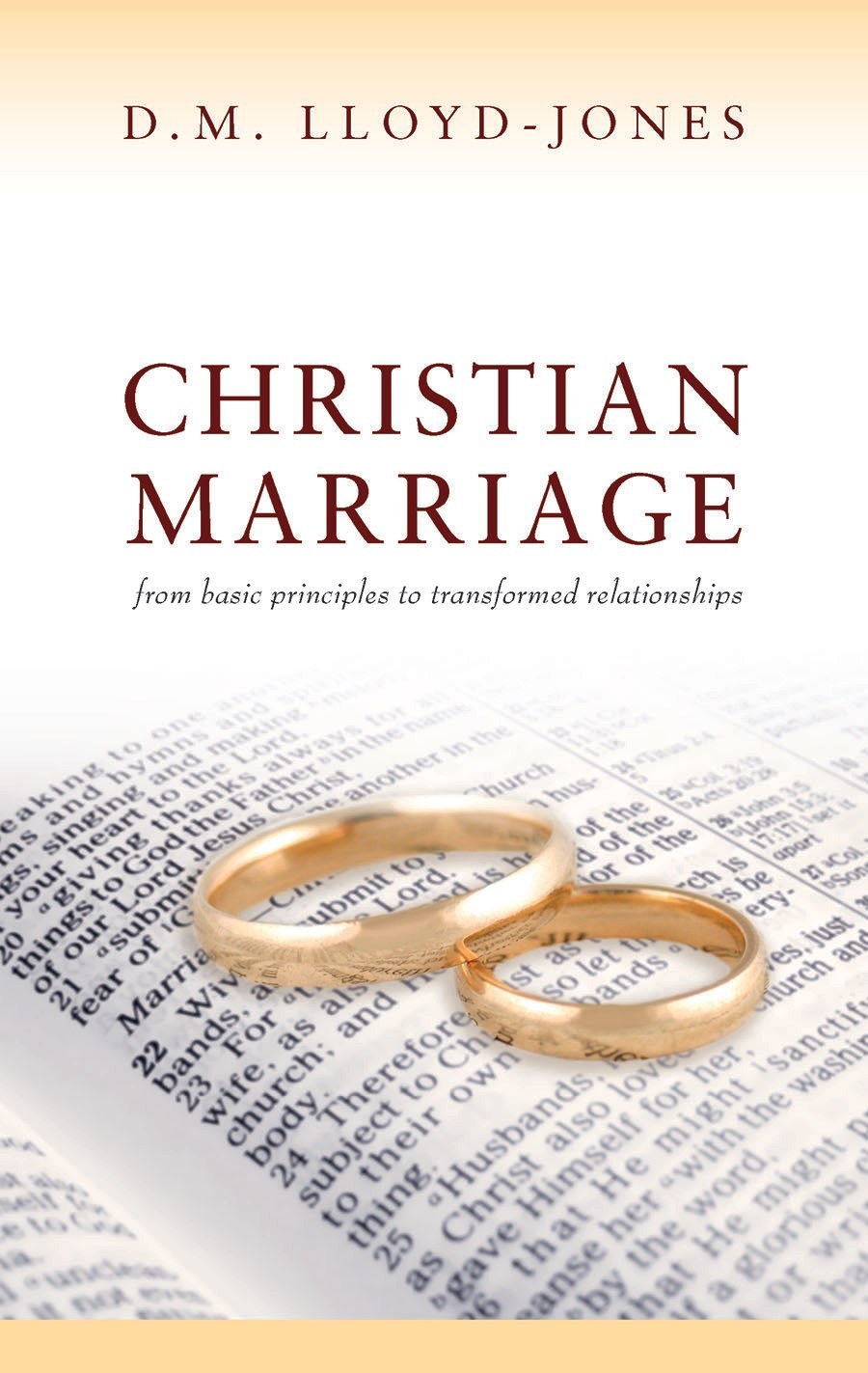
Christian Marriage
From Basic Principles to Transformed Relationships
Description
Book Description Translated from the French by Robert White When Calvin says he would not have spoken of election had Scripture not led the way, we need not doubt his word. He defends the doctrine with vigour because it runs as an unbroken thread through both Old and New Testaments. Like the doctrines of providence, […]

Description
Book Description Translated from the French by Robert White When Calvin says he would not have spoken of election had Scripture not led the way, we need not doubt his word. He defends the doctrine with vigour because it runs as an unbroken thread through both Old and New Testaments. Like the doctrines of providence, […]

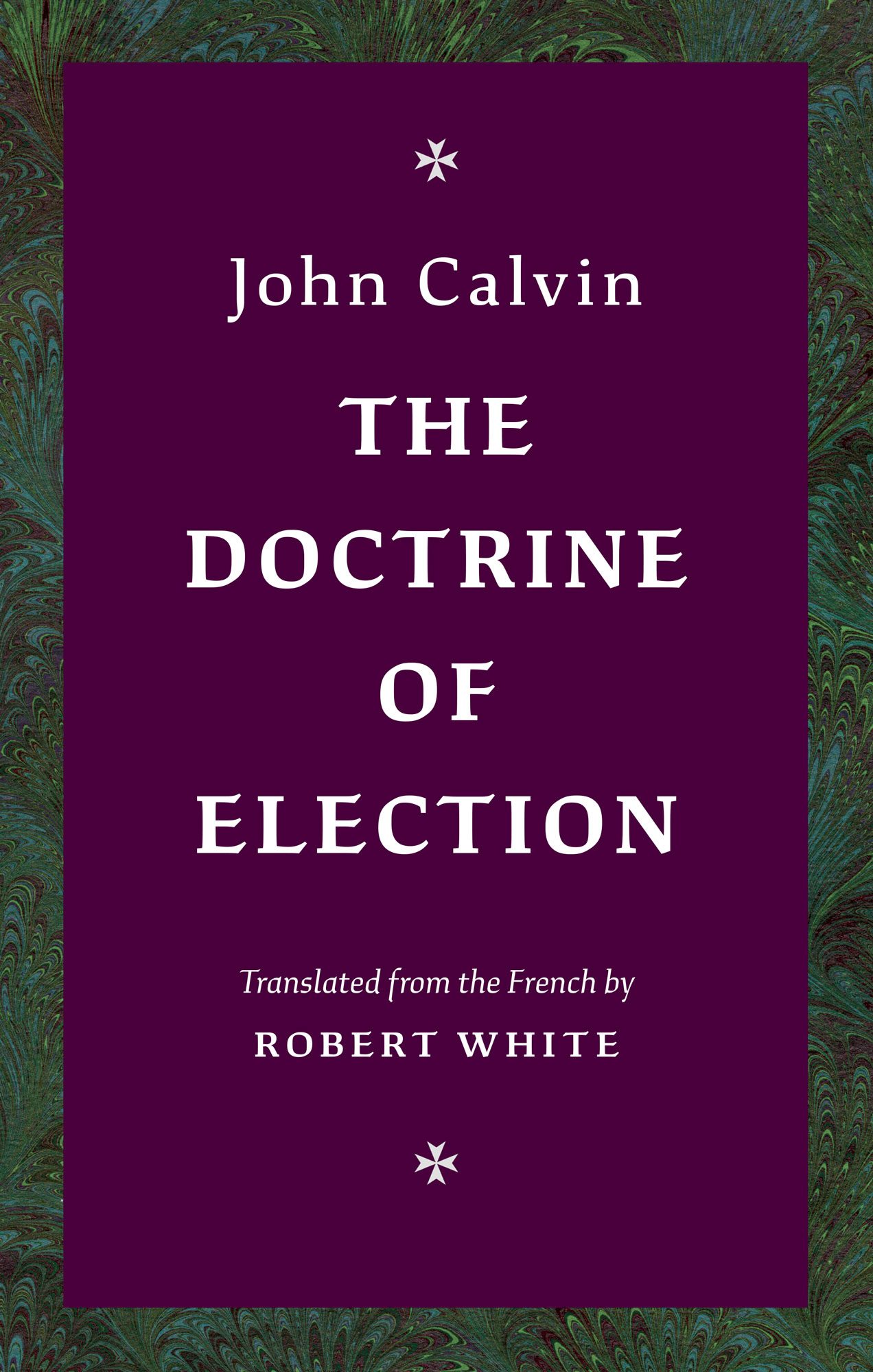
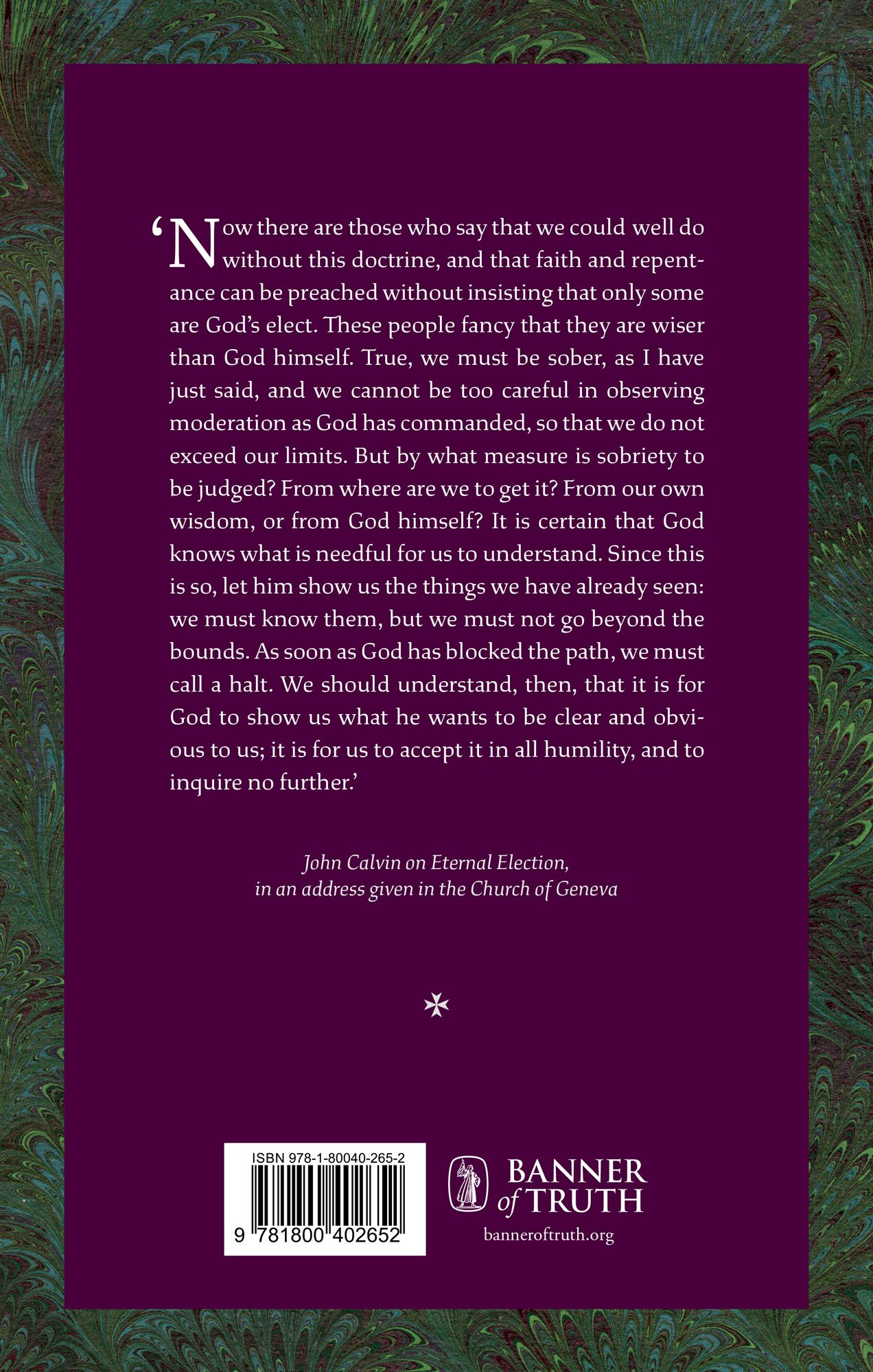
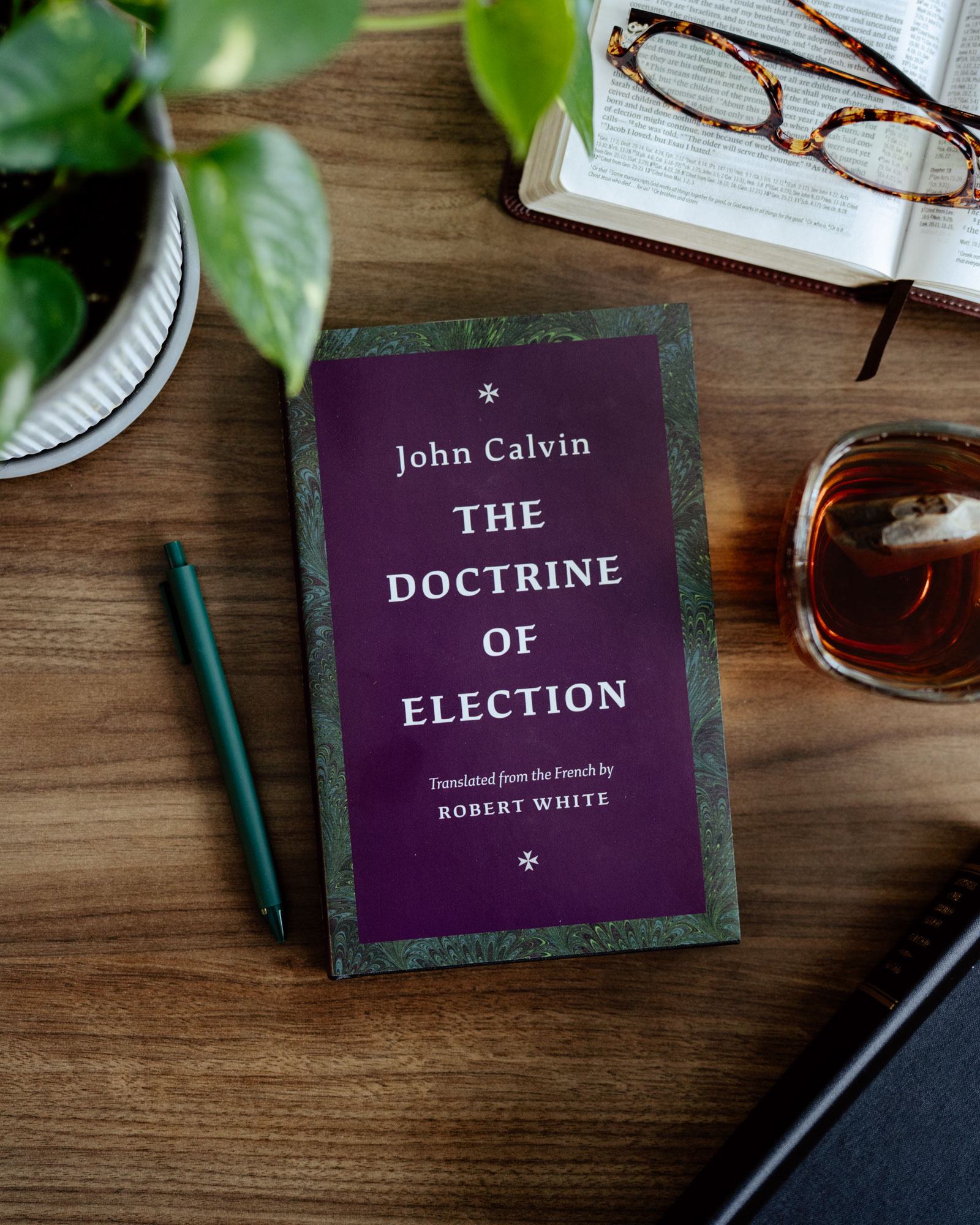

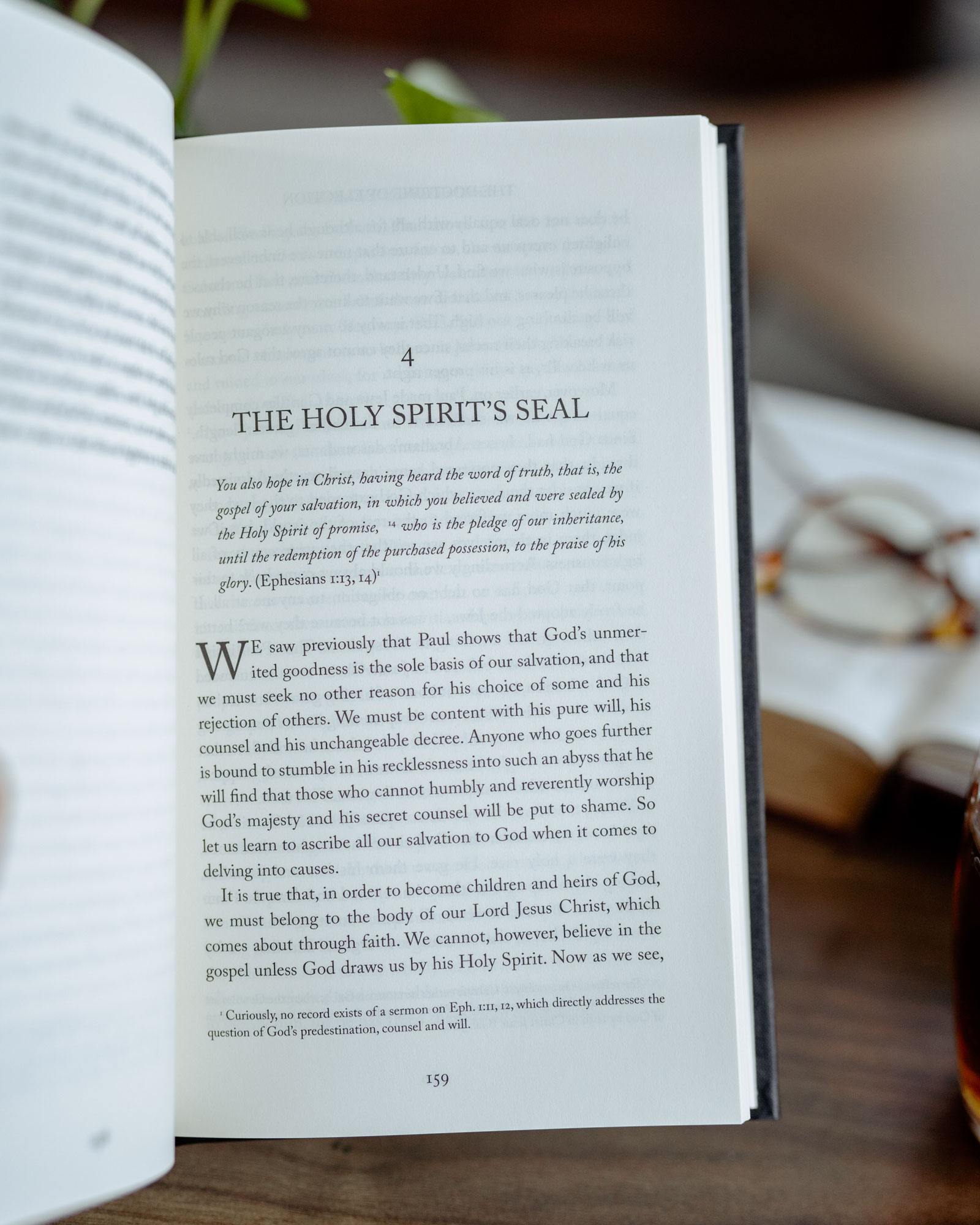
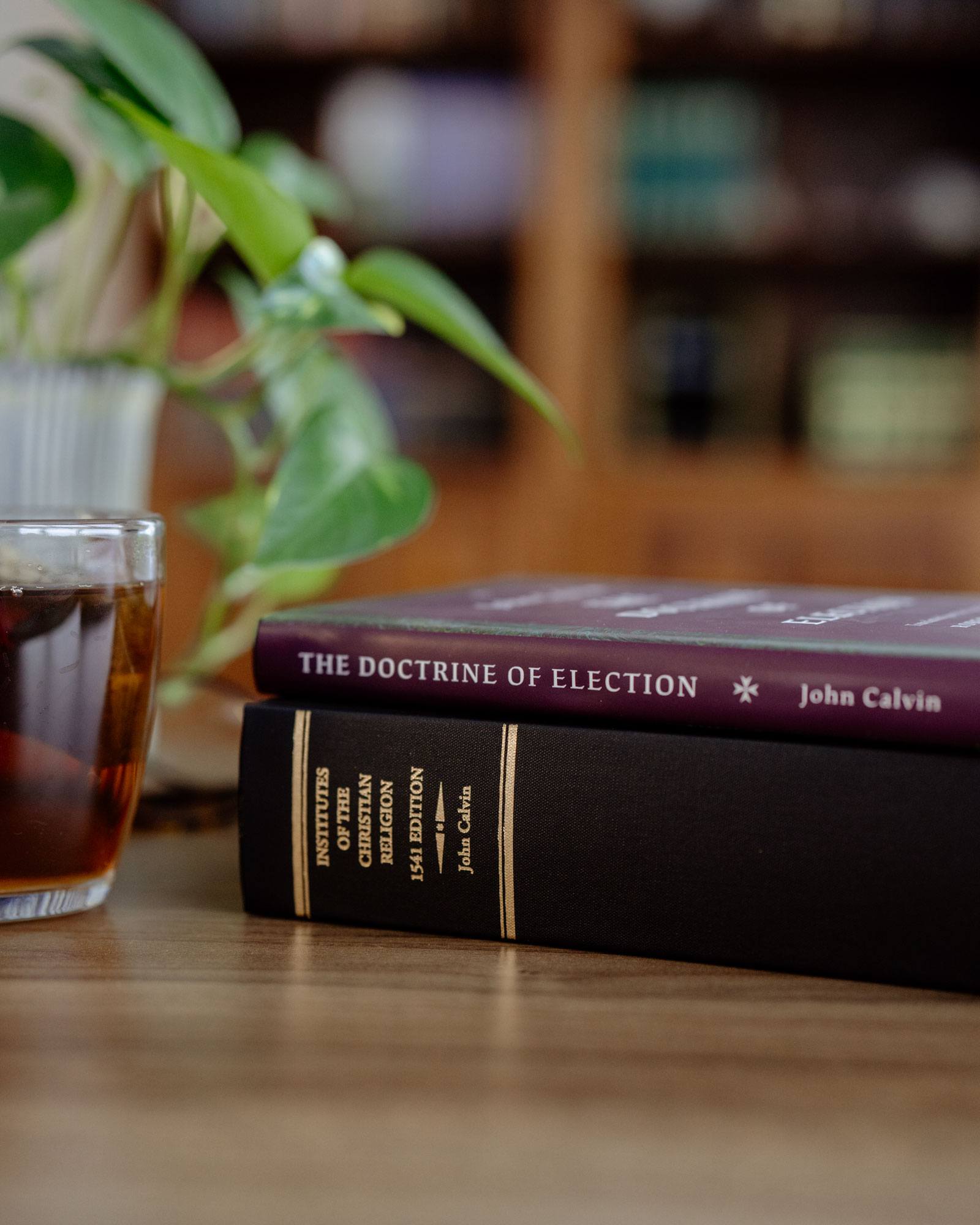
Pedro Cheung –
The Doctrine of Election is a 236 page compilation of transcribed sermons delivered by John Calvin and translated from French to English by Robert White.
Robert White translated ten sermons by John Calvin that pertained to the doctrine of election. The purpose of the book is to give English readers access to some of Calvin’s oral explanations of the doctrine of election to everyday Christians both in Calvin’s times (16th century) and today’s modern times. The sermon titles, sub-headings, and updated translation help make Calvin’s repository of sermons more accessible and clear.
The newly updated translation of Calvin’s sermons is clear and easy to read for today’s modern readers. These ten sermons White had curated for this book were appropriated chosen and ordered to make the book cohesive in its presentation of the doctrine of election. And while the first sermon of Genesis 25 drawing focus to Ishmael did not seem initially pertinent to the overall book’s theme, Calvin is so rich and engaging in his introduction to Genesis 25 and explanation of the text, he whets our appetites for the rest of his Genesis 25 exposition.
White’s explanatory footnotes throughout the book add helpful insight and historical context. For example, his 8-line footnote on page 70 clarifies that Calvin was not arguing for a supralapsarian position even though Calvin in order of thought placed election prior to Adam’s fall. On page 112, White postulates in another footnote that Calvin’s sharp criticism was likely prompted by Philip Melanchthon’s silence on the matter.
White adds three appendices to this book. Appendix two, a history and analysis of critics of Calvin’s doctrine of election, helps us gain a greater appreciation for why Calvin interweaved so much of this doctrine in his sermons. Appendix three gives a concise synopsis of the compendium of Calvin’s sermons on the New Testaments that also speak on the matter of election.
The Doctrine of Election is a new translation of several of John Calvin’s sermons originally transcribed in French. The translation by Robert White is clear and enjoyable to read. I regard this book as a must read for Christians who want to have a biblical understanding of the doctrine of election. Robert White and Banner of Truth should be commended for providing the best resource for everyday Christians who want to learn what Calvin truly believed about the doctrine of election.
Sunny Olsen –
Calvin is always wonderful to read and Robert White is one of my favorite translators, so the book is a marvelous aid in understanding election. The Holy Spirit needs to reveal it to the reader’s heart and soul, but no one gave more clarity to the subject than John Calvin. His sermons are always enjoyable, powerful, and edifying!
He provides more spiritual nourishment in a page than most preachers do in a 30-minute sermon.
These sermons focus on election, but Calvin covered it in most of his sermons to some extent, because it’s so basic to the revealed Word of God. Election is throughout the Old and New Testaments.